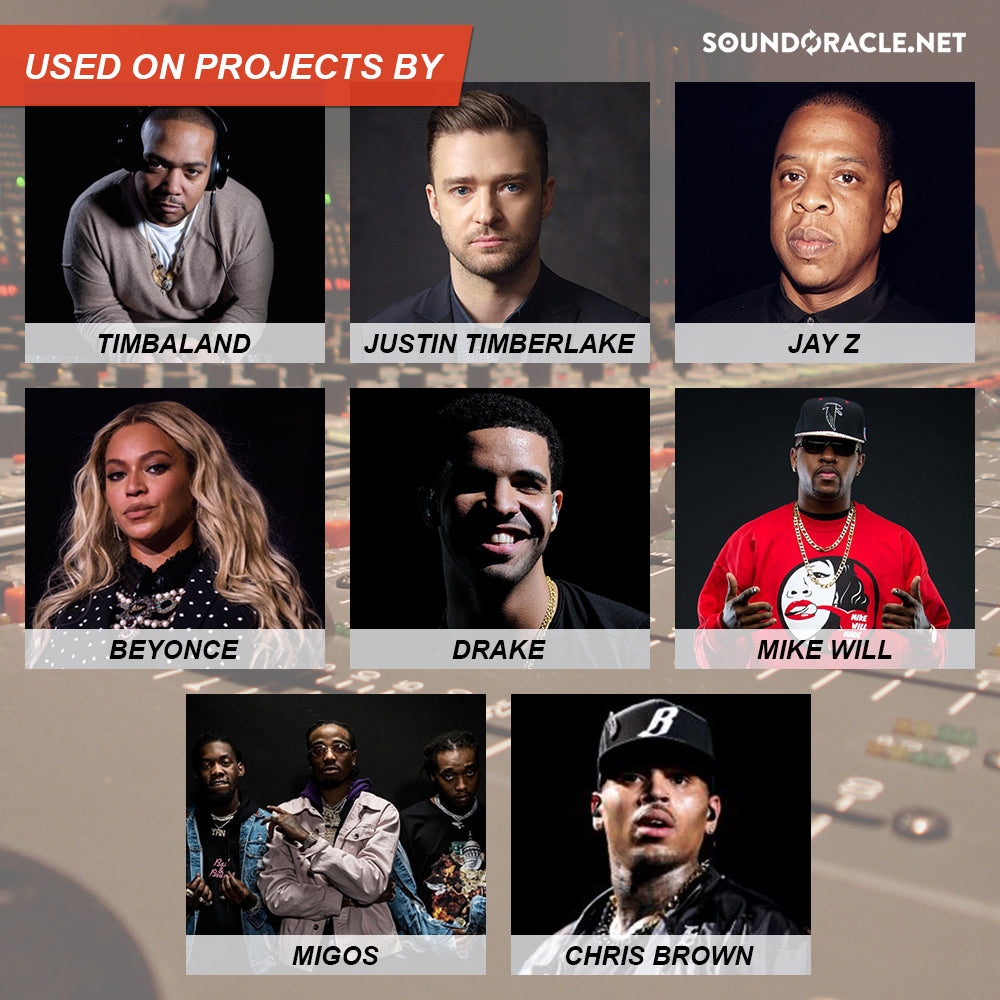
I. Introduction
II. Understanding Signature Sound
Defining signature sound
What makes a signature sound unique?
The benefits of having a signature sound
Examples of artists with distinctive signature sounds
The relationship between a signature sound and branding
Defining Signature Sound
What Makes a Signature Sound Unique?
The Benefits of Having a Signature Sound
Examples of Artists with Distinctive Signature Sounds
The Relationship between a Signature Sound and Branding
III. Mastering Active Listening for Your Unique Sound
The Power of Active Listening in Music Creation
Dissecting Your Top Tracks
Curating a Personal Playlist of Inspiring Songs
Analyzing Your Favorite Elements in Music
Discovering Patterns in the Music You Love
IV. Embracing Your Strengths
To forge a standout signature sound, you must first be aware of your strengths as a producer. Do you excel at crafting catchy melodies, intricate rhythms, or one-of-a-kind soundscapes? Pinpointing your strengths will empower you to create a signature sound that highlights your capabilities.
Amplifying Your Strengths in Your Music
Accentuating Your Talents for a Memorable Sound
Merging Your Strengths with Your Musical Tastes
Outshining the Competition with Your Unique Skills
V. Embrace Experimentation and Rule-Breaking
The Power of Experimentation in Crafting Your Signature Sound
Defying Conventions: The Bold Path to Groundbreaking Sounds
Unleashing Creativity: Develop Your Own Sounds and Techniques
The Art of Risk-Taking: Experiment and Explore for a Distinctive Sound
Trial and Error: Patience and Persistence in Finding Your Sound
VI. Trust Your Musical Intuition for a Signature Sound
Embrace Your Instincts to Shape Your Artistic Vision
Follow Your Gut Feelings in Musical Decision-Making
When making musical decisions, pay close attention to your gut feelings. If something feels right, trust that feeling and incorporate it into your sound, creating a unique blend of your personal style and musical preferences.
Evaluate Your Music with a Critical Ear
Developing a signature sound involves listening to your music with a critical ear and trusting your instincts when determining if something is working or not. If it feels off, don't hesitate to make changes or try a different approach until you find the right balance.
Prioritize Authenticity to Resonate with Listeners
Authenticity plays a crucial role in creating a signature sound that resonates with listeners. Stay true to yourself and your musical vision, and your sound will naturally develop, leaving a lasting impression on your audience.
Balance Innovation and Authenticity in Your Personal Sound
While experimentation is vital, be cautious not to stray too far from your personal sound. Striking a balance between innovation and authenticity is key to developing a signature sound that's unique and true to your artistic identity. This approach will help you stay connected to your musical roots while exploring new creative avenues.
VII. Produce More Music to Hone Your Signature Sound
Embrace Practice and Experimentation
The more you practice and experiment with your music, the better you'll become at crafting your unique sound. Creating a wide range of music will enable you to sharpen your skills and pinpoint what resonates with you.
Quantity and Quality: Striking the Balance
While quality is essential, producing a substantial volume of music allows you to explore various ideas, techniques, and genres. This exploration will ultimately result in higher-quality tracks and a more polished signature sound.
Discover Inspiration Through the Creative Process
Dive deep into the music-making process to find your inspiration. As you immerse yourself in the world of creativity, your distinctive sound will continue to evolve and flourish.
Welcome Feedback to Refine Your Sound
Embrace feedback from others, as it can offer valuable insights that help you improve and perfect your sound. Constructive criticism can lead to breakthroughs and contribute to your growth as a music producer.
Develop a Diverse Music Portfolio
Creating a diverse music portfolio exposes you to a variety of styles and techniques. This experience will enable you to develop a versatile and adaptable signature sound, setting you apart from other artists.
VIII. Mastering Honest Self-Evaluation for Music Growth
The Power of Objective Self-Assessment in Music Production
Consistently stepping back to objectively evaluate your music is crucial for growth. This practice helps you pinpoint areas for improvement, ensuring your unique sound continually evolves.
Fresh Ears: A Key to Objective Music Evaluation
Always take a break before assessing your music. By listening with fresh ears, you'll gain a more unbiased perspective, allowing you to accurately judge your work.
Recognizing Areas of Improvement for a Stronger Sound
Be truthful with yourself about the aspects that require enhancement. Identifying your weaknesses enables you to grow as a producer and develop a more robust signature sound.
Trusting Your Instincts to Determine Track Completion
Deciding when a track is finished can be daunting. Trust your gut and don't hesitate to let go, moving on to your next project with confidence.
Revisiting Old Tracks to Refine Your Signature Sound
As your unique sound develops, don't shy away from revisiting old tracks to apply new ideas or techniques. This process helps you fine-tune your sound and create a more cohesive body of work.
IX. Conclusion
In conclusion, developing your unique signature sound as a music producer is a rewarding and essential journey. By understanding your strengths, actively listening to your influences, embracing experimentation, and trusting your instincts, you'll create a sound that sets you apart from the competition. Remember to be authentic, create as much music as possible, and continually evaluate your work to refine your signature sound. Keep practicing, stay true to yourself, and your unique sound will undoubtedly shine through.
X. FAQs
Can you have multiple signature sounds as a producer?
Yes, it's possible to have multiple signature sounds, especially if you work across different genres or with various artists. However, having a consistent sound that's easily recognizable can be advantageous for branding and building a loyal fanbase.
How do you balance experimentation with staying true to your sound?
Balancing experimentation with staying true to your sound involves incorporating new ideas and techniques while maintaining the core elements that define your signature sound. It's essential to pushing boundaries while still remaining authentic to your artistic identity.
What if you don't like your signature sound?
If you're not satisfied with your signature sound, continue experimenting and refining your music. Your sound will naturally evolve as you grow as a producer. Don't be afraid to explore different styles and techniques until you find a sound that resonates with you.
Can you develop a signature sound later in your music career?
Absolutely! Developing a signature sound is an ongoing process, and it's never too late to start refining your sound. As your skills and experiences grow, your sound will naturally evolve, and you may discover a signature sound that you hadn't previously considered.
How can a signature sound help you stand out as a producer?
A signature sound helps you stand out by making your music instantly recognizable and memorable. It allows you to create a strong brand identity, connect with your audience on a deeper level, and differentiate yourself from other producers in the industry.

